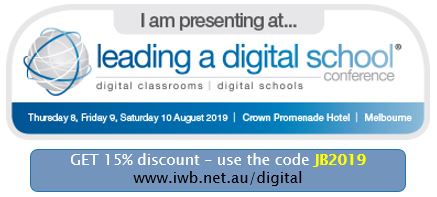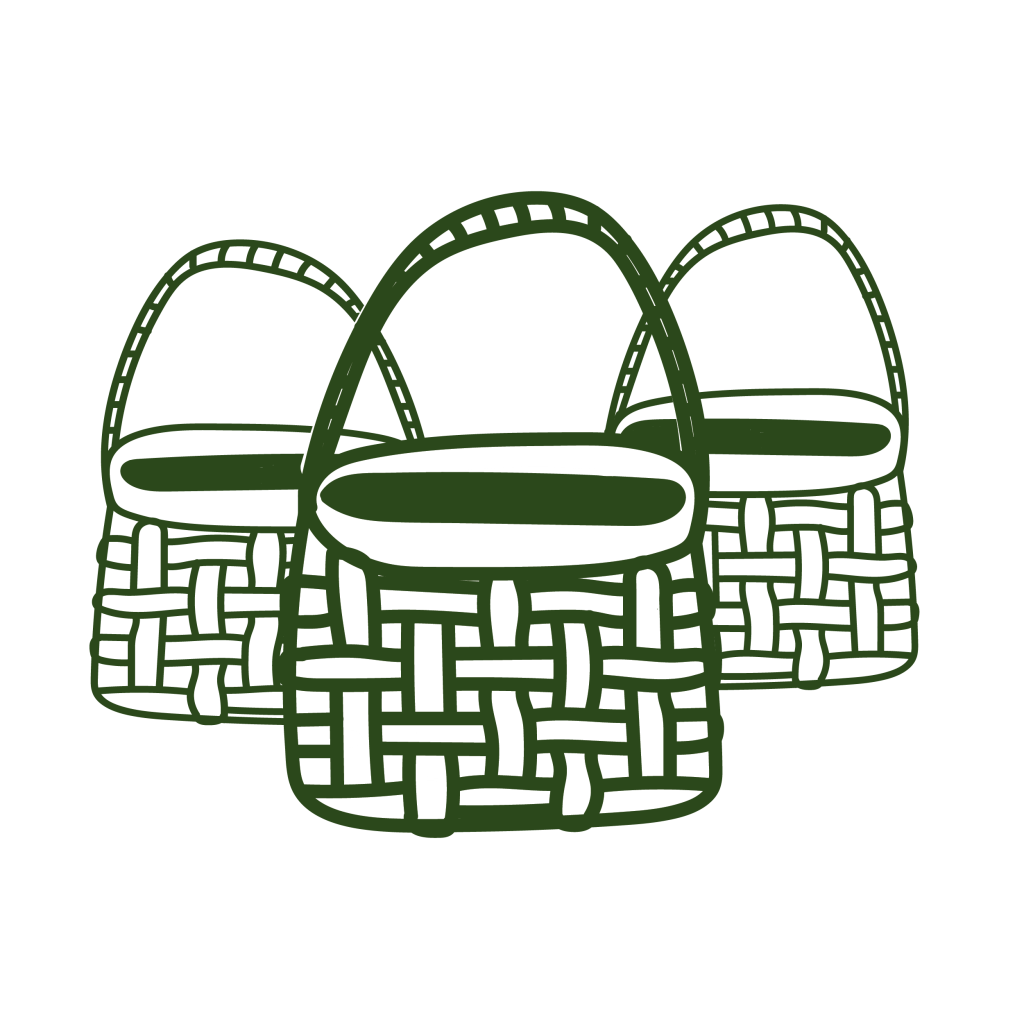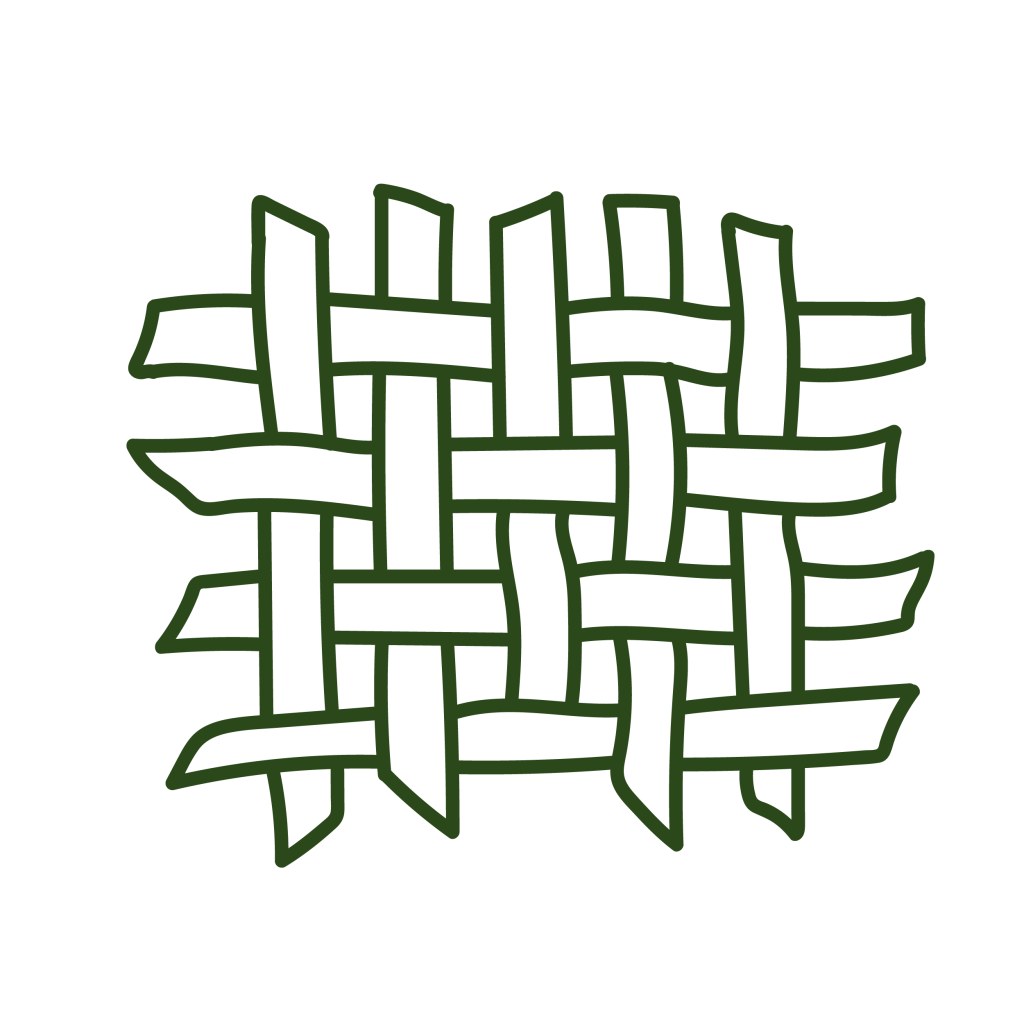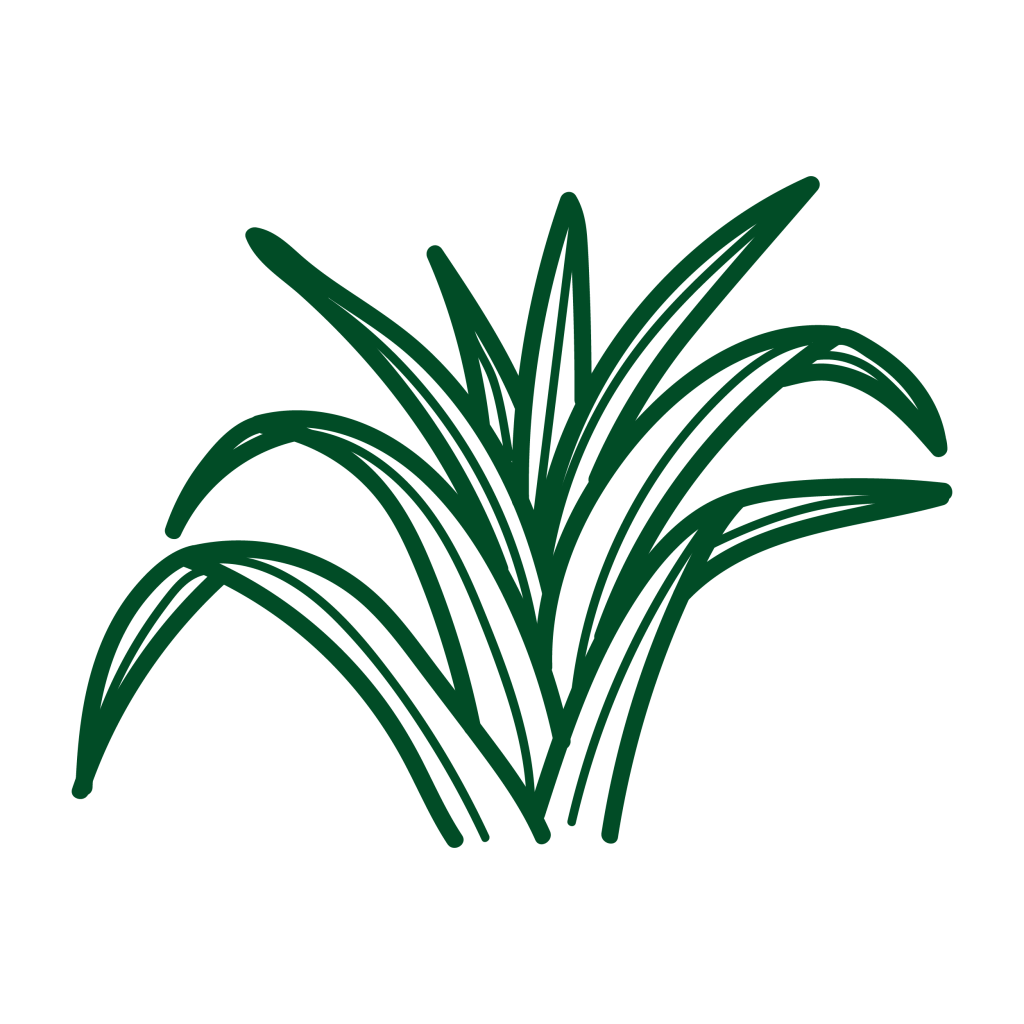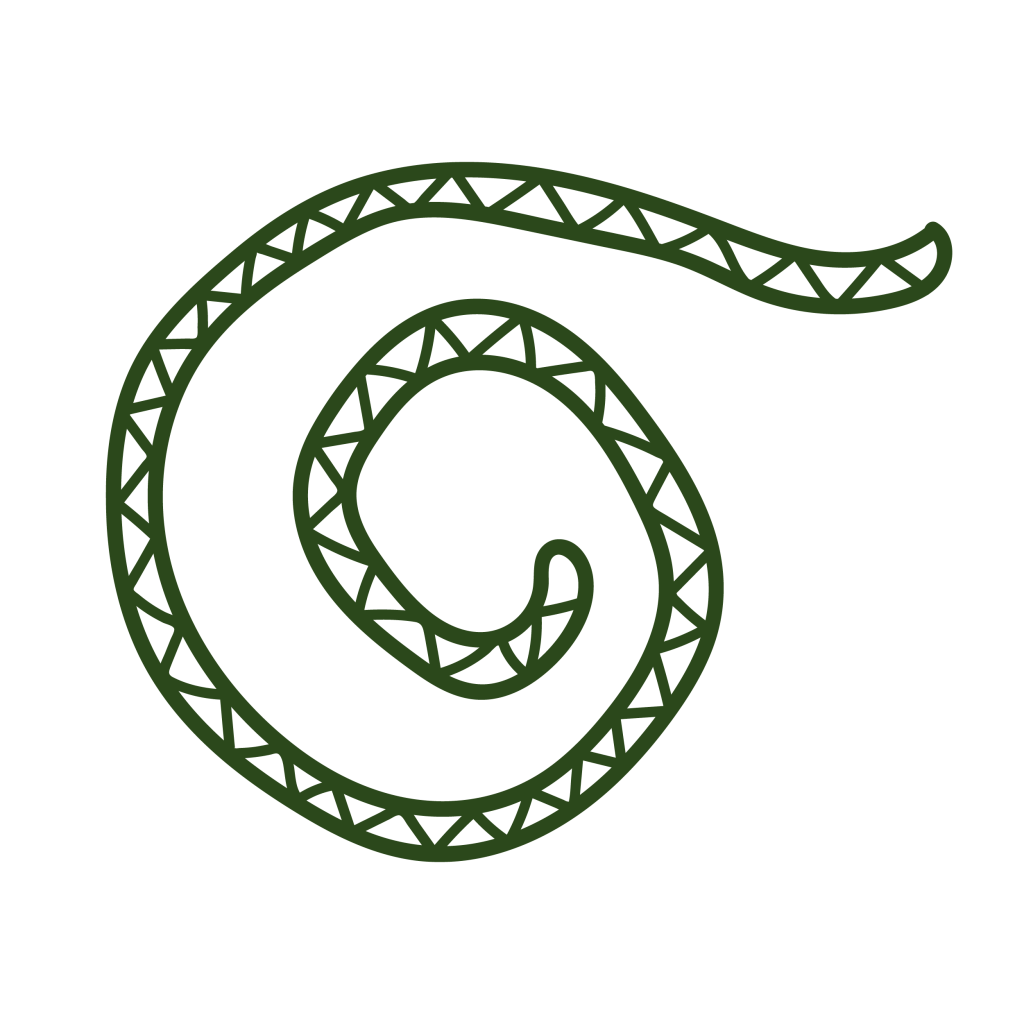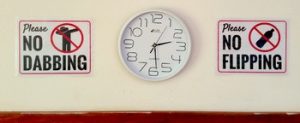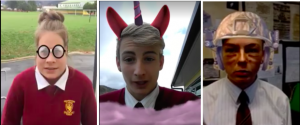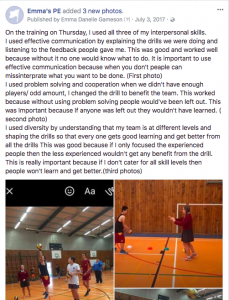As with many educators I have grappled with the purpose of assessment for some time. It often feels as though we are subjecting our learners to tests and assessments that serve no purpose other than to generate an arbitrary score that could be quite different if they sat the test tomorrow, and yet these situations induce anxiety and stress for teachers, learners, and families.
So a burning question for me is around the issue of assessment and measurement. Are we measuring the things that we value? Do we value that which we are measuring?
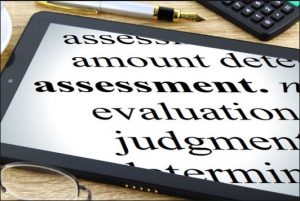
For 9 years New Zealand teachers have been required to measure students in relation to ‘national standards’ for reading, writing, and maths. This information was then required to be reported to parents, the Board of Trustees of each school and the Ministry of Education using language such as ‘below standard’, ‘at standard’, or ‘above standard’. Many educators and researchers (Ken Robinson, Tony Wagner, Guy Claxton) in the field of education have shown us that the skills and capabilities our students need for their futures are much broader than the national standards focus we have had in New Zealand for the past decade. This narrow focus created a difficult environment for teachers who worked hard to ‘shift’ students in relation to these standards very often at the expense of sciences, arts, technology, sports, etc. Whilst at the same time creating angst for the learner, families and indeed themselves.
Late in 2017 New Zealand teachers and leaders were given an opportunity to rethink ‘assessment’ in our schools. With a change of government came a change in the legislation governing schools and we are no longer required to measure or report student progress in relation to the ‘national standards’. This has given leaders and teachers at Paekākāriki School the scope to move forward with a skills and competencies based curriculum that was, in 2017, in its early stages of development.
The process of developing the skills and competencies based curriculum began with extensive community consultation in 2016 as it was clear to the Board of Trustees that a strong vision for learning at Paekākāriki School was needed. Paekākāriki is a small village and it was important to us that our school reflected the village values and philosophies. The community consultation in 2016 provided us with great information about what our community wanted for their children at our school, we began to see a clear picture of the experiences, skills, and capabilities that were valued by our community. By the end of 2016, we had disseminated this rich information into 4 guiding principles and had established a new vision for ourselves as the Home of the Barefoot Learner.

During 2017 we took the 4 guiding principles of belonging, connecting, exploring and thriving, and broke them down into key skills and capabilities for our learners. We were able to align these with the New Zealand Curriculum Key Competencies. This, in effect, gave us our ‘graduate profile’ and has enabled us to develop our own local curriculum based around these.
The capabilities are outlined as a series of progressions in our Barefoot Learner matrix against which we measure and report on student progress. These progressions were collaboratively developed with teachers and students. These capabilities have signalled a shift to students taking ownership of their learning – learner agency and responsibility are frequent conversations. They also give us a meaningful tool for measuring and reporting on the things that our community values for their children’s education. Student’s use the progressions to self assess, teachers use them to measure progress and our next step is to ensure that quality evidence is shared for each progression with families. We have a digital platform that allows a range of evidence to be shared in real time, and seeking family feedback on this evidence is a next step for us.
These capabilities are more far reaching than the traditional reading, writing, math achievement data and so we are still in the process of refining our systems to measure and report on these. Informing parents of this process is also important. We have developed a curriculum where we focus on the skills and qualities they identified as being important, our next challenge is to be able to demonstrate progress against these things.
As with any programme of change we needed to consider how we deliver this strong and clear vision to our community. We’ve been pleased with the reaction from the community to our Home of the Barefoot Learner vision and it seems to ring true with our community and visitors to our village. It is a continuing journey for us to embed this vision and a common language across the school, in all that we do so that everyone knows and understands us. Making the guiding principles known and understood widely, and making explicit the links to the curriculum is an ongoing process for us.
After a period of implementation, we will need to re-evaluate. As part of our self review process we need to ask questions of our students, teachers, board and families;
Have we considered everything that is important for our student’s futures?
Do we value the things we are measuring?
Or, are we still assessing that which we don’t value?
I’d love the chance to chat with you about this and other topics during my presentations at the Leading a Digital School Conference.
